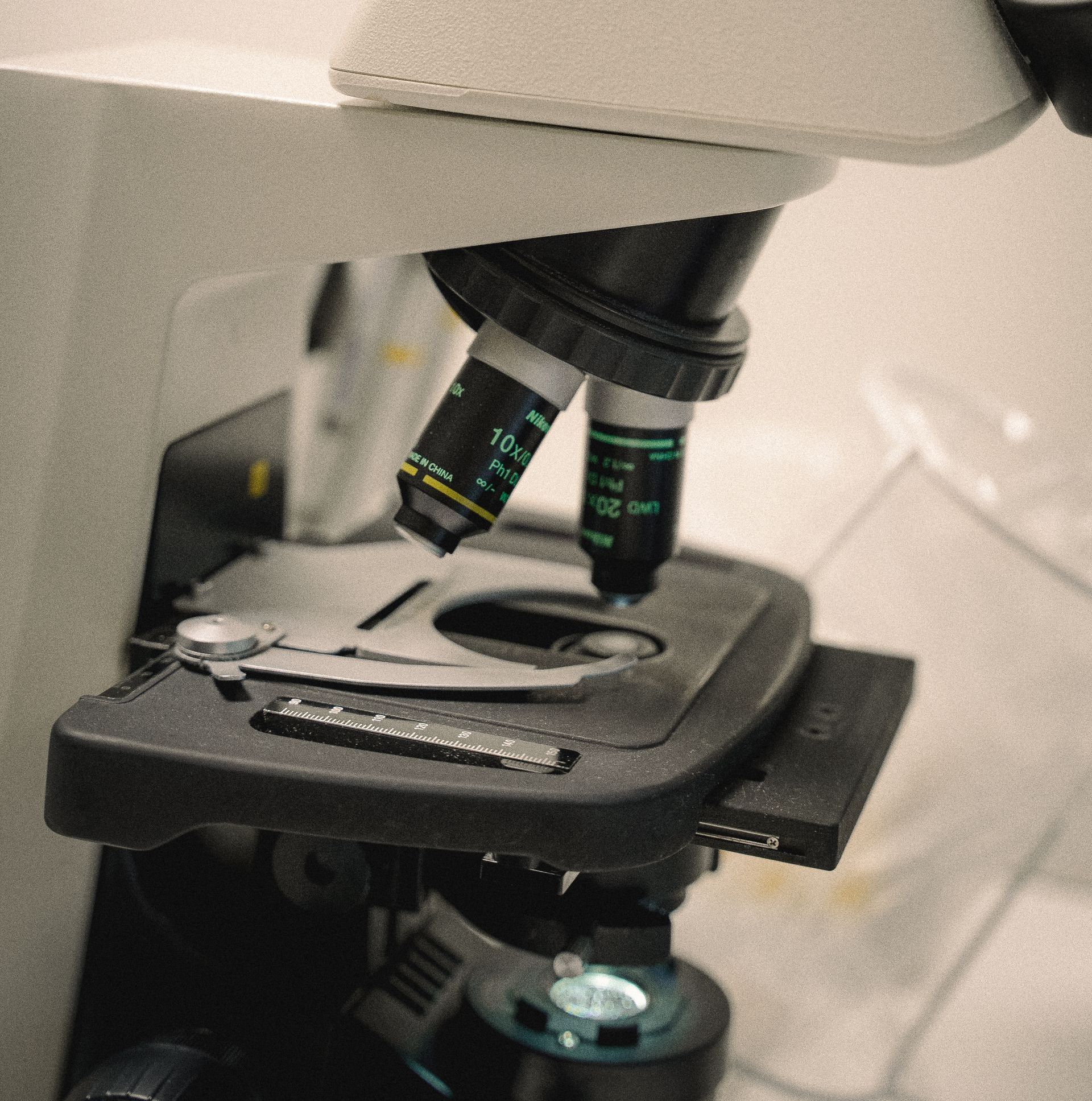Exploring the Causes of Male Infertility
Exploring the Causes of Male Infertility
Infertility is defined as the inability to conceive a child after a year of regular sexual intercourse. It can affect both men and women and is often diagnosed when pregnancy does not occur despite active attempts.
Infertility is a complex issue that affects both men and women, and when it comes to male infertility, there are various factors that can contribute to difficulties in conceiving. Fortunately, if you have infertility issues, that doesn’t automatically mean that you won’t be able to conceive a child with your partner. There are treatments for male infertility and procedures that can increase the chances of conception, and you can also explore other options, such as donor sperm, to fulfil your dream of starting a family.
In this blog post, we will delve into the most common causes of male infertility and shed some light on fertility problems faced by many of you on your journey to conceive.
What is Male Infertility?
Infertility is caused by problems with your reproductive system that stops you from impregnating a female partner. For partners struggling to become pregnant, there is no clear cut-off point to say when a couple is infertile. However, it is always advisable that you consult and ask your doctor if you have not become pregnant after one year of trying. Male infertility problems can be caused by various biological and environmental factors. Finding the cause means you can better understand your options and chances of conceiving.
5 Common Causes of Male Infertility
1) Abnormal Sperm Production or Function
One of the primary causes for men with infertility issues is abnormal sperm production or function. Oligospermia (low sperm count) and azoospermia (absence of sperm) can result from conditions like varicocele, hormonal problems or imbalances, genetic disorders, testicular trauma, or infections. These factors can disrupt the delicate process of sperm production within the testes. Poor sperm motility [ST1] and abnormal sperm morphology may also hinder the ability of sperm to reach and fertilise an egg.
2) Hormonal Imbalances
Hormones play a critical role in male reproductive health, particularly testosterone. Testosterone is essential for the production and development of healthy sperm cells. Hormonal imbalances, such as low testosterone levels, can impair sperm production and quality, leading to infertility. Various factors, including certain medical conditions, medications, and lifestyle choices, can also contribute to hormonal imbalances and may affect male fertility.
3) Genetic Factors
Genetic factors can also play a role in male infertility. Certain genetic disorders, such as Klinefelter syndrome or Y chromosome microdeletions, can cause abnormal development of the reproductive organs or impair the sperm production. Genetic mutations in specific genes involved in sperm production, function, or transport can also contribute to infertility. Additionally, inherited conditions like cystic fibrosis or chromosomal abnormalities can affect fertility by disrupting the production or transportation of sperm.
4) Varicocele
Varicocele refers to the enlargement of veins within the scrotum. It is a common cause of male infertility and can impact the production and quality of sperm. Varicoceles can increase testicular temperature, leading to reduced sperm production or impaired sperm function. However, surgical correction of varicoceles may improve fertility outcomes in some cases.
5) Lifestyle and Environmental Factors
Certain lifestyle and environmental factors can contribute to male infertility as well. Prolonged exposure to high temperatures, such as in hot tubs or saunas, may affect your sperm production. Additionally, exposure to toxins, chemicals, radiation, and heavy metals in the workplace or the environment can have detrimental effects on your sperm health. Unhealthy lifestyle choices, including smoking, excessive alcohol consumption, drug use, and obesity, can also impact your fertility.
Symptoms of Male Infertility
Male infertility can manifest through various symptoms, although some cases don't exhibit any noticeable signs at all. Symptoms may include difficulty achieving or maintaining an erection, reduced sexual desire or libido, abnormal ejaculation, or pain or swelling in the testicles. Additionally, hormonal imbalances can also result in decreased facial or body hair growth. It is important to consult your doctor for a comprehensive evaluation and diagnosis if you are experiencing these kinds of symptoms and infertility is suspected.
Treatment of Male Infertility
The way infertility in men is treated depends on its main causes. Male Infertility may be caused by some aspect of your lifestyle, making a few healthy changes could increase the quality of your sperm. If medication for a medical condition is contributing to your infertility, your doctor might be able to find alternative treatments. Your doctor might also be able to prescribe hormonal treatment or other medications to treat your infertility, and surgical procedures can be performed to repair varicocele if this is the cause of your infertility.
However, if the treatment of your infertility is unsuccessful, assisted reproductive technologies may help you and your partner conceive.
Conclusion
Understanding the symptoms and causes of male infertility is a crucial step toward seeking appropriate medical guidance and exploring potential solutions. If you and your partner are trying to conceive but so far have been unable to get pregnant, it is important that you consult with a fertility specialist who can conduct a comprehensive evaluation and recommend suitable treatment options based on the underlying causes. By doing so it may affect the quality of your sperm and can increase your chances of getting pregnant.
Other blog posts




Vind ons op
Andere locaties
Boulevarden 6, 1e verdieping, 9000 Aalborg
Ole Suhrs Gade 19, begane grond, 1354 Kopenhagen
Havnegade 18, 1e verdieping, 5000 Odense
Je Kunt Ons Bereiken
Ma:
Di:
Wo:
Do:
Vr:
Za - Zo:
9:00 - 15:45
9:00 - 19:00
9:00 - 15:45
9:00 - 19:00
9:00 - 15:15
Gesloten
Sluitingsdagen Pasen 2025: De laatste dag voor het verzenden van bestellingen vóór Pasen is 15 april. Houd er rekening mee dat er vertragingen kunnen optreden vanwege de feestdagen. Bestellingen die op 15 april worden verzonden, komen mogelijk pas op 22 april aan bij uw kliniek. Ons kantoor is gesloten op de volgende data: 17 april, 18 april en 21 april.







